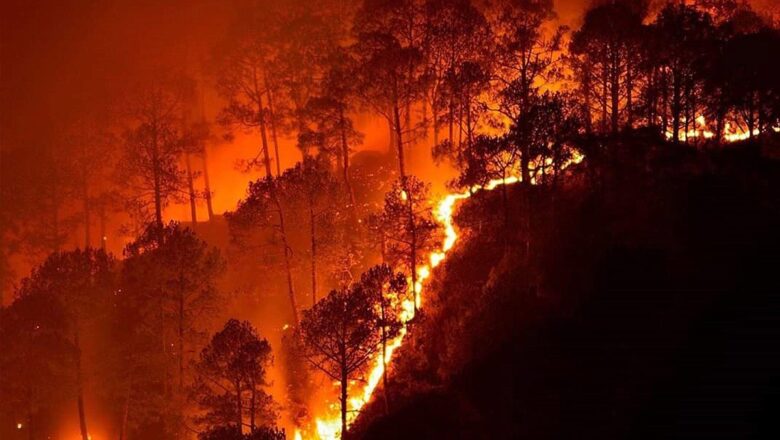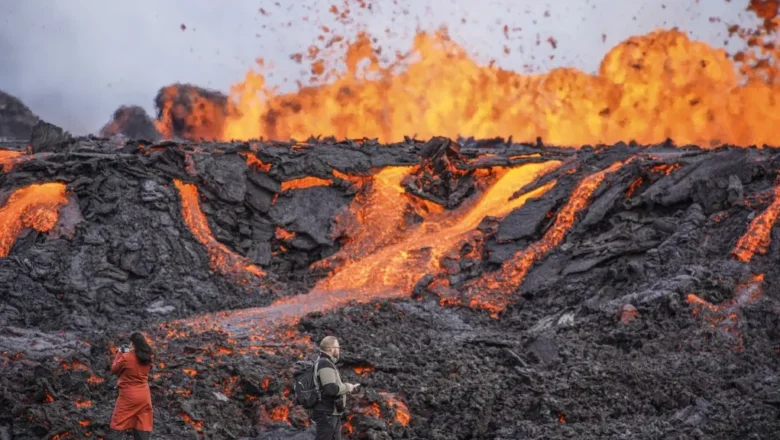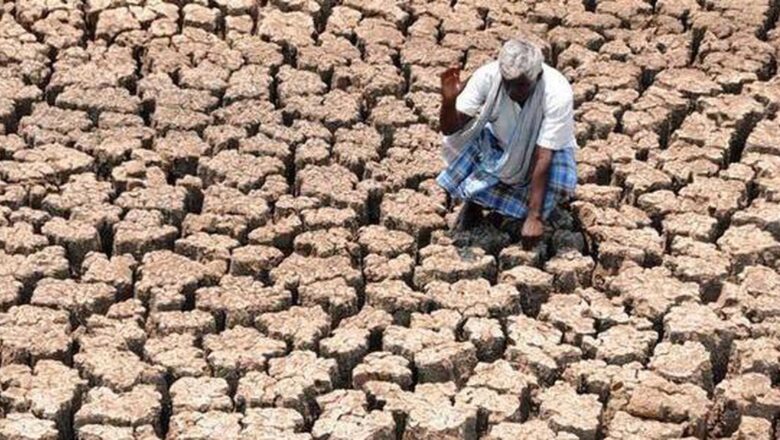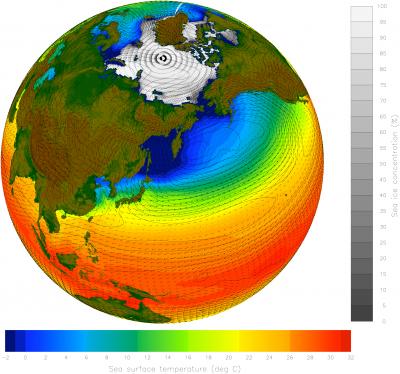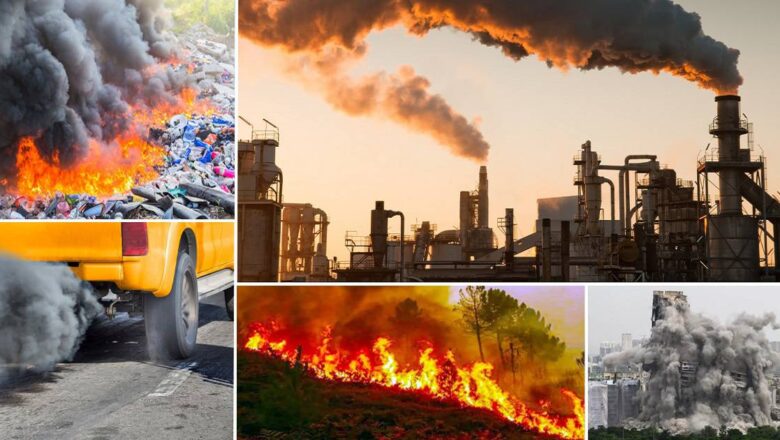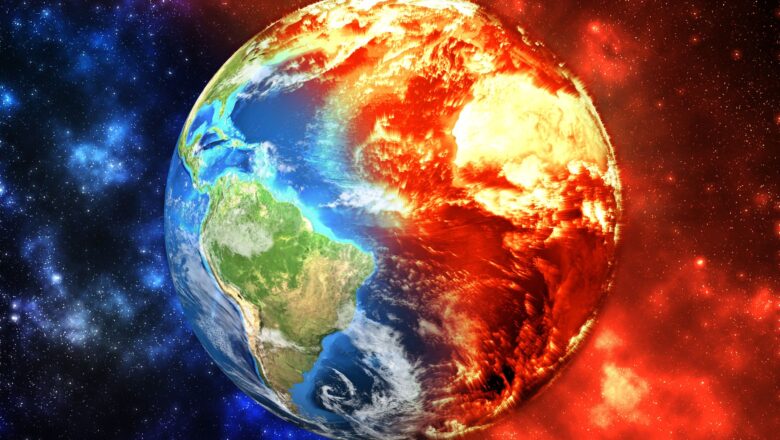
Extreme Weather Events in South America Triple in Frequency Since 1970
The frequency of days with extreme heat, dryness, and high fire risk has tripled in certain parts of South America since 1970, according to recent research. The study highlights that while the continent is warming at the same rate as the global average, specific regions are increasingly vulnerable to the co-occurrence of these climate extremes, which pose significant threats to ecosystems, economies, and public health.
The most affected areas include the Venezuela-Colombia border, the northern Amazon, and parts of central South America near the Río de la Plata basin. In these regions, the number of days with compounded climate extremes has skyrocketed from fewer than 20 to as many as 70 per year. The variability of these extreme events has also increased from year to year.
Impact of ...




